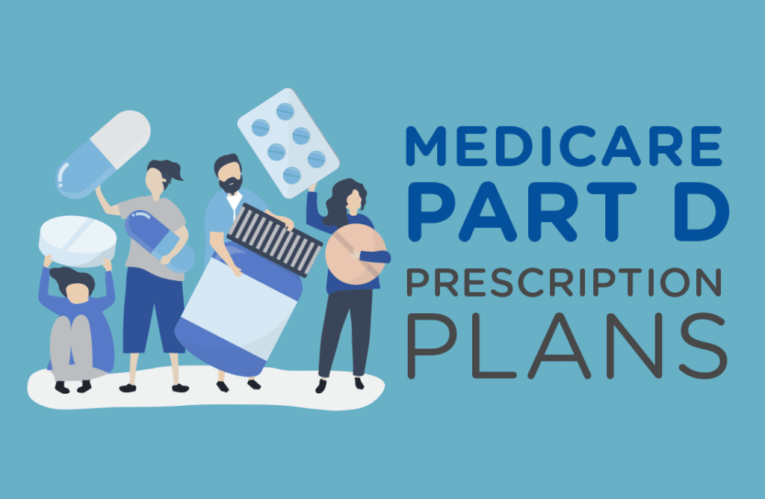How Do Medicare Advantage Plans Work?
Medicare Part C is also referred to as Medicare Advantage. These plans are purchased through private insurance companies that are approved by Medicare. When an individual joins a Medicare Advantage plan, they will be provided with all of their Medicare Part A and Part B coverage. Medicare Advantage plans typically also provide other additional benefits over those provided by Original Medicare, such as dental, vision, and/or wellness programs.
Because these plans are offered by private insurers, each Medicare Advantage plan may have different rules for how their enrollees may obtain services, such as requiring a referral in order to see a specialist. Additionally, plan providers may change their coverage rules each year.
Those who are enrolled in a Medicare Advantage plan still have Medicare. The difference is that these individuals simply get their hospital coverage doctors’ services from the Medicare Advantage plan and not from Original Medicare.
There are several different types of Medicare Advantage plans, and each differs in the way that services are offered and obtained. These plans include:
- HMO – Health Maintenance Organization – In an HMO plan, enrollees are required to obtain their health care services from providers and hospitals that are included in a specific network. In addition, it may also be required that participants obtain a referral from their primary care provider in order to visit a specialist.
- PPO – Preferred Provider Organization – In a PPO Medicare Advantage plan, participants may use providers and hospitals that are within a particular network, as well as those that are not. However, when obtaining health care services from providers and hospitals that are outside of the network, the charges will likely be higher.
- PFFS – Private Fee-for-Service – Private-Fee-for-Service plans allow their participants to go to any Medicare-approved health care provider or hospital that accepts Medicare. Therefore, in a PFFS plan, participants are not limited to health care providers and facilities that are in a particular network. However, there is no guarantee that the providers who are chosen will accept the enrollee’s particular Medicare Advantage insurance plan. In this case, it is the Medicare Advantage plan rather than Medicare itself that actually determines how much will be covered by the participant’s plan.
- SNP – Special Needs Plans – In a Special Needs Medicare Advantage plan, enrollees must obtain their health care services from specific providers and facilities that are included in the plan’s network. Special Needs plans are designed to offer more focused care to their enrollees and their specific health conditions. These plans limit their membership to specific groups such as:
- Those who have certain chronic illnesses
- Those who reside in a skilled nursing facility
- Those who are receiving home health care services.
In most cases, an enrollee in a Medicare Advantage plan will have prescription drug coverage (Medicare Part D) included directly through the plan. However, there are some Medicare Advantage plans that do not include coverage for prescription drugs.



